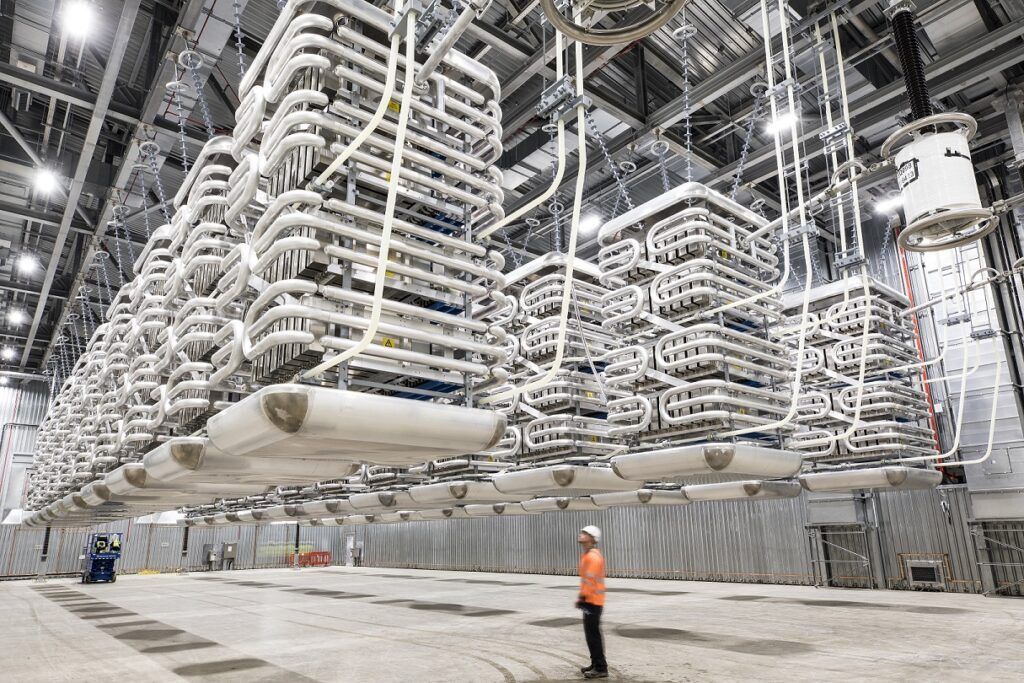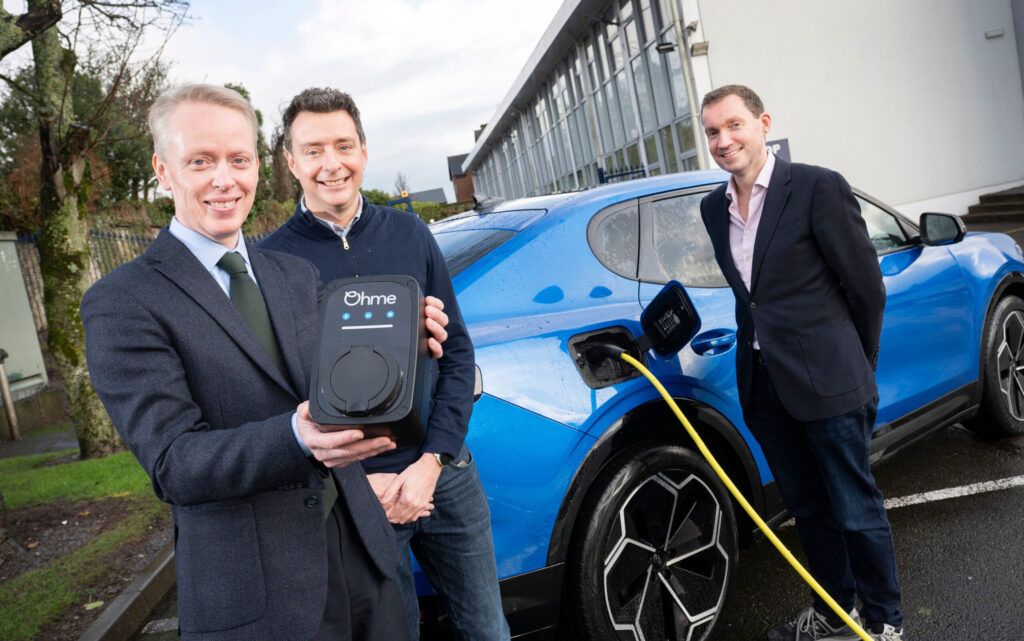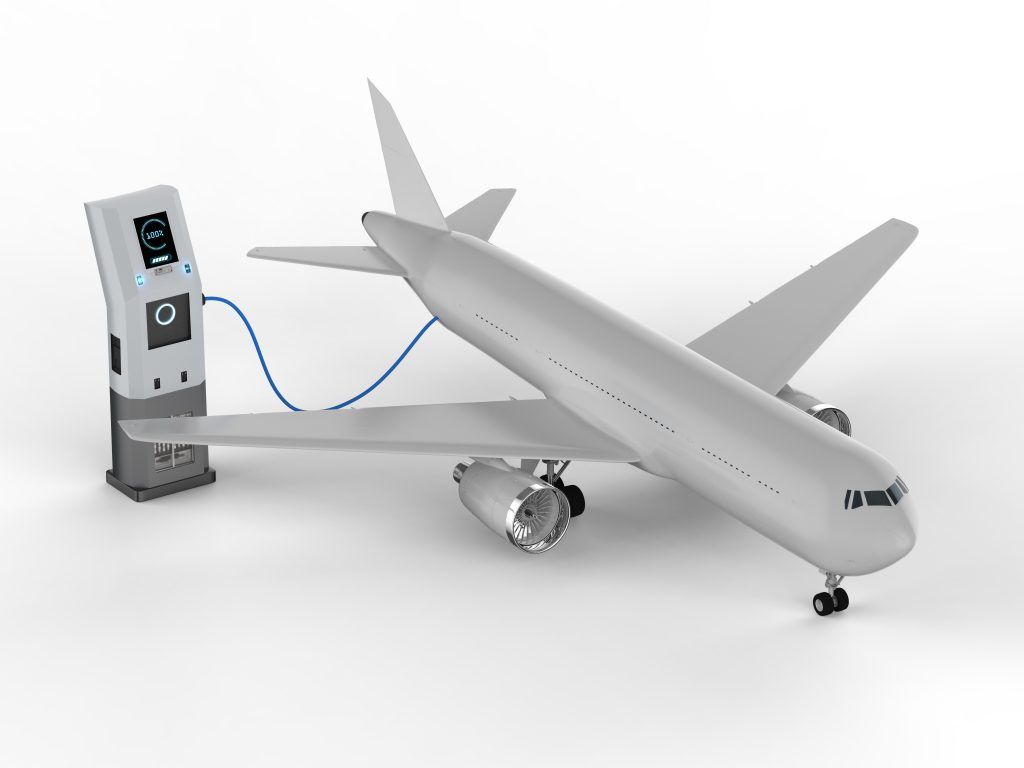Totalling nearly £80 million, UK Research and Innovation’s (UKRI) Driving the Electric Revolution challenge – a government-funded programme – is investing into the scaling up of essential power electronics, machines and drives (PEMD) manufacture.
For the UK to continue to have a competitive and resilient automotive sector we need to rapidly scale-up the manufacturing of PEMD, the enabling technologies that will make electrification possible at the scale that will make low carbon transport affordable and accessible for all.
The switch to electric vehicles (EVs) is a necessity for the UK to meets its carbon emission targets and innovation within the automotive sector is growing at a rapid rate.
The UKRI’s challenge aims to:
- leverage the UK’s world leading research capability in PEMD to help industry create the supply chains necessary to manufacture the PEMD products developed here
- identify gaps in the supply chains and help industry fill them.
- ensure cooperation and collaboration so we don’t duplicate effort, waste time and can reuse solutions across all sectors
- help fill the skills gap by retraining, upskilling and repurposing engineers from traditional internal combustion businesses into PEMD supply chains.
The challenge will provide funding opportunities for collaboration between SMEs, big businesses and academia to create innovative and cost-effective solutions and establishing ‘best-in-class’ industrialisation facilities to create robust and resilient UK supply chains.
Thanks to UKRI, the Driving the Electric Revolution challenge has already invested in 40 ground-breaking PEMD projects, many with clear links to the automotive sector with more funding successes yet to be announced.
One such scheme to have benefited from UKRI funding is UK-Alumotor – a project developing a dedicated supply chain to manufacture a patented electric motor that will utilise high-value manufacturing technology already used within the UK within both the aerospace and motorsports sector.
Exchanging rare earth magnets and copper for aluminium and steel, the project comprised of six partners including the University of Warwick and Ricardo UK Limited will provide the UK supply chain with a competitive advantage to fulfil the growing demand for traction e-machines as the UK continues on its path to net zero transport.
Another project to have benefited from funding through the Driving the Electric Revolution challenge is High Volume E-Machine Stack Manufacture which aims to close the gap in UK-based supply of stator lamination stacks.
A joint project by C. Brandauer & Co. Limited and the University of Warwick, the project aims to meet the demands of the automotive industry which is pushing for the production of thinner laminations with finer details to meet higher performance requirements, at scale.
The funding will help improve the production methods alongside tooling design, processes and material selection used in the creation of rotor and stator components, pacing the way meet the demands of the industry.
One more project to receive UKRI funding is Lightweight Aluminium Windings (LAW) which developed the winding process for aluminium wires, replacing the more commonplace copper wire.
The winding machine has been developed in the UK, creating the first UK supply chain solution for manufacturing aluminium wound stators – a critical component of motor and generator manufacture.
This will also lead to the reduction in weight of E-machines by 15% by switching from copper to lighter aluminium.
Image: Shutterstock











